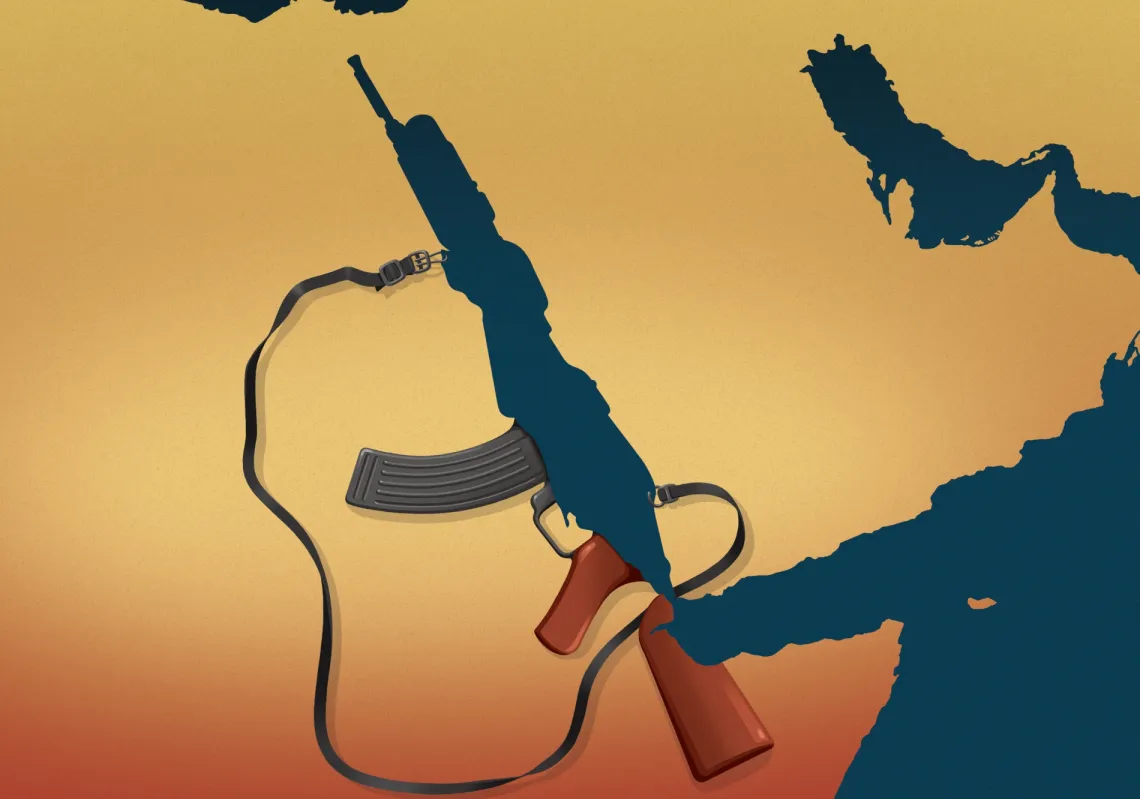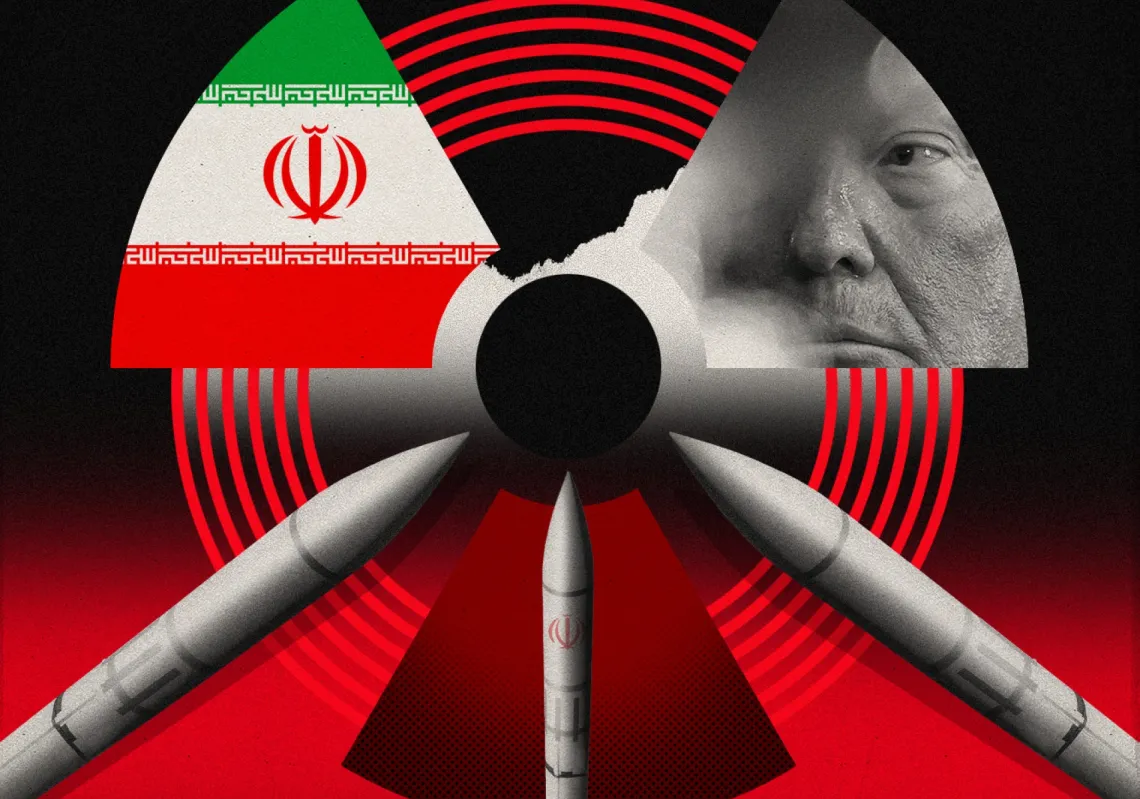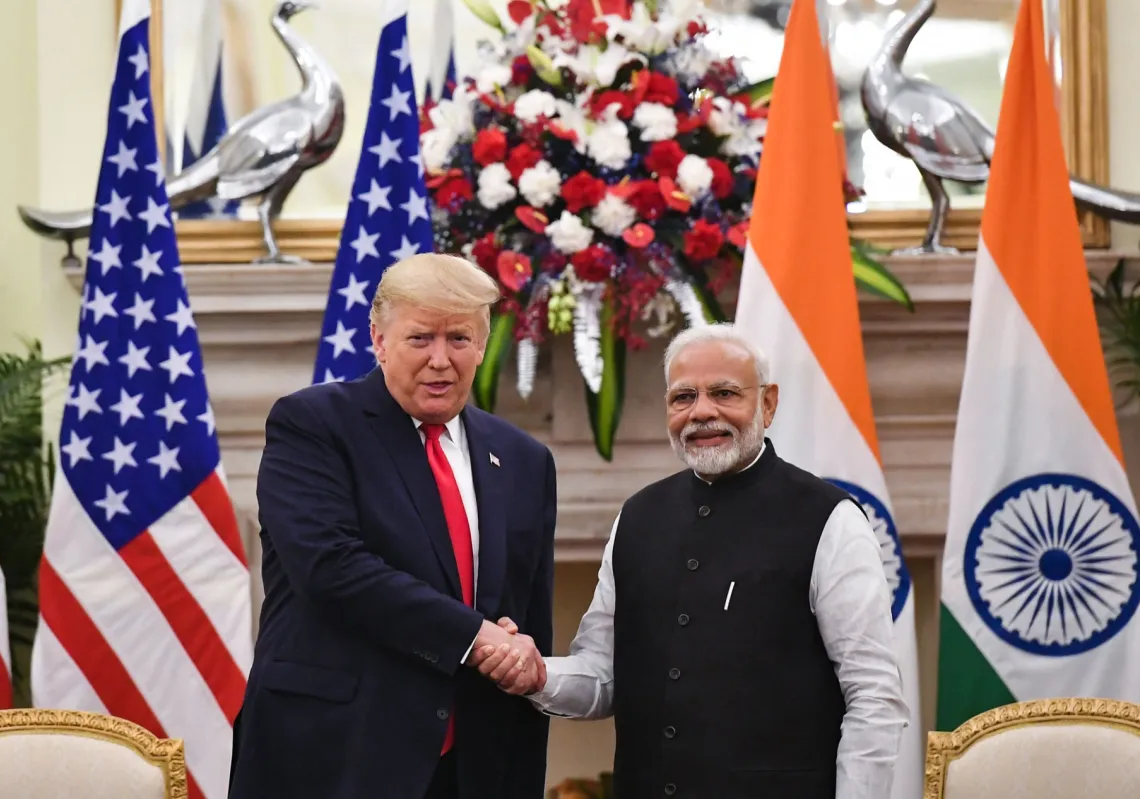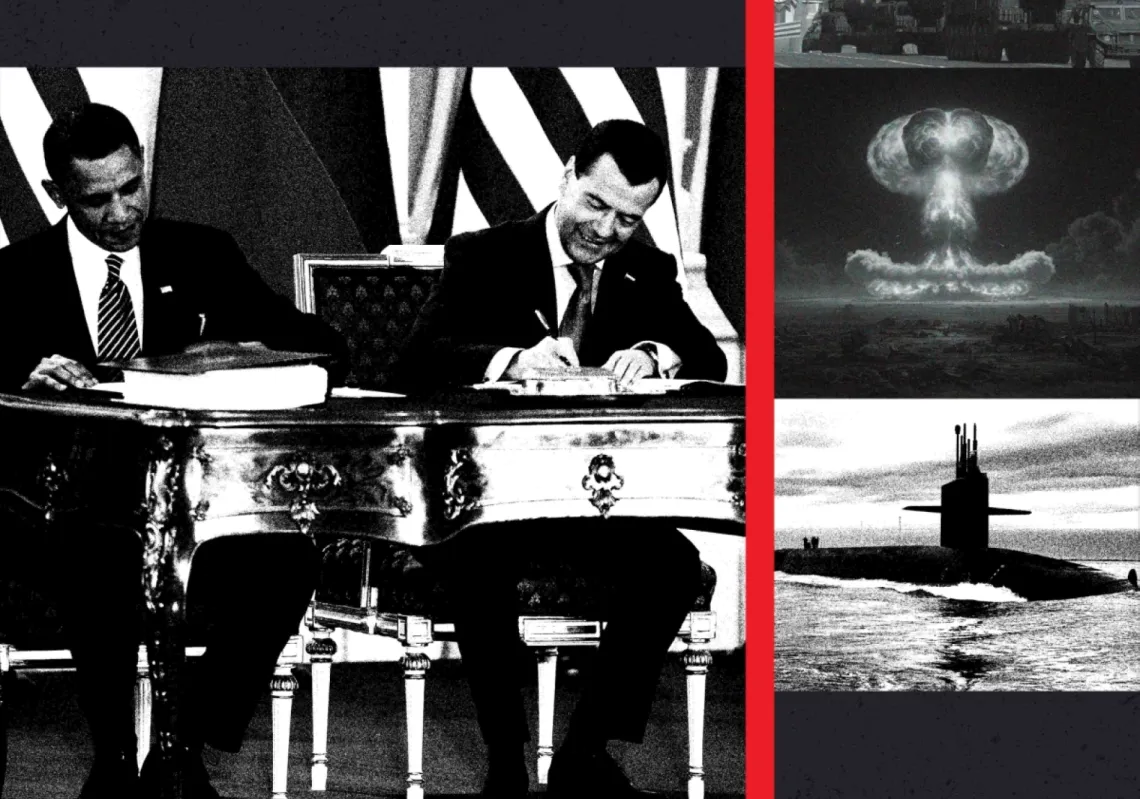Egypt has taken an additional step on the road to becoming a central player in the energy market in the Eastern Mediterranean region by hammering out a deal with the Palestinian Authority (PA) to develop a gas field off the Gaza Strip.
The deal, signed on 21 February, is reviving hopes for putting production from the Gaza Marine gas field online years after these hopes were dashed, sometimes because of hindrances put in the way by Israel and other times because of regional instability.
The Gaza Marine field was discovered in 2000. It is located around 36 kilometers west of the coast of Gaza and is estimated to contain 1.4 trillion cubic feet of gas reserves, enough to satisfy the needs of the Gaza Strip and the occupied West Bank for 15 years at current consumption levels.
POLITICAL EDGE
A senior Palestinian official said the PA would cooperate with Egypt to put production from the Gaza Marine field online as soon as possible.
Mohamed Mustafa, an advisor of PA President Mahmoud Abbas, said the Palestinians' struggle for developing the field since its discovery in 2000 was hampered by Israel.
This caused delay in the development of the field, he said.
However, by stepping in, Egypt is ending this deadlock and giving the Palestinians hope that they can be self-sufficient in energy in the foreseeable future.
Meanwhile, analysts believe that energy self-sufficiency will give the Palestinians an edge against Israel.
"This sufficiency will come with political effects, namely by empowering the Palestinians politically," Palestinian political analyst Osama Shaath told Majalla. "It will partially stop pressures on the Palestinians by the different parties which always attach aid to concessions."
Energy-thirsty Gaza is almost totally dependent on energy supplies from Israel. Even with these supplies, electricity cuts are the norm throughout the day in Gaza, which is inhabited by 1.8 million people.
The state-run Israel Electric Corporation provides the Gaza Strip with 120 megawatts of electrical power every day.
The same Corporation provides the West Bank with 750 megawatts of electrical power every day, whereas Jordan provides it with 35 megawatts.
Palestinian Prime Minister Mohammad Shtayyeh said on 22 February that the development of the Gaza Marine field would help the Palestinians stop depending on energy supplies from Israel.
"This is an important issue for the Palestinian government," Shtayyeh said.
ECONOMIC RELIEF
The Palestinians say production from the Gaza Marine field would be used in satisfying the needs of Gaza and the West Bank.
They add that surpluses from the field would be sold in the international market.
This is opening the door for possible economic relief in Gaza which has been suffering economically since 2007 when Israel started an all-out blockade on it.
"Production from the field will improve living conditions in Gaza which suffers deep economic problems because of the Israeli blockade and intra-Palestinian rifts," Shaath said.
More than two thirds of Gaza's population live on aid. In 2019, the poverty and unemployment rates in the coastal enclave were nearly 75%, according to the Ministry of Social Development in the Palestinian territory.
ENERGY HUB
Egypt signed the agreement for developing the Gaza Marine gas field only hours after it agreed with Israel to build a pipeline from Israel's offshore Leviathan gas field to Egypt.
The Israeli field, 130 kilometers west of the Mediterranean port city of Haifa, is estimated to contain 535 trillion cubic feet of gas reserves.
The agreements with the PA and Israel are only a small detail in Egypt's rising energy star in the Eastern Mediterranean region. They throw some light on its grand ambitions in the region.
Egypt, which made a series of major finds in the past few years, including a gigantic field off its Mediterranean coast in 2015, aspires to become a regional energy hub.
It wants to collect gas produced in the region, liquefy it in its sprawling liquefaction plants, and then export it to markets in Europe and other parts of the world.
Egypt started importing gas from Israel almost a year ago in the light of a 2019 agreement for the import of $19.5 billion worth of gas.
Egyptian and Cypriot officials are also holding talks on building a pipeline to transport gas produced in Cyprus to Egypt where it will be liquefied and then sent to the international market.
In January 2019, Egypt and several other East Mediterranean countries founded the East Mediterranean Gas Forum to bring together natural gas producers and consumers in the region for the first time.
The forum was elevated to a regional organization in September 2020.
"These moves are part of Egypt's overall goal of becoming a regional energy hub," Hamdi Abdel Aziz, the official spokesperson for the Egyptian Ministry of Petroleum, told Majalla. "This goal is closer to being realized now more than ever before."









